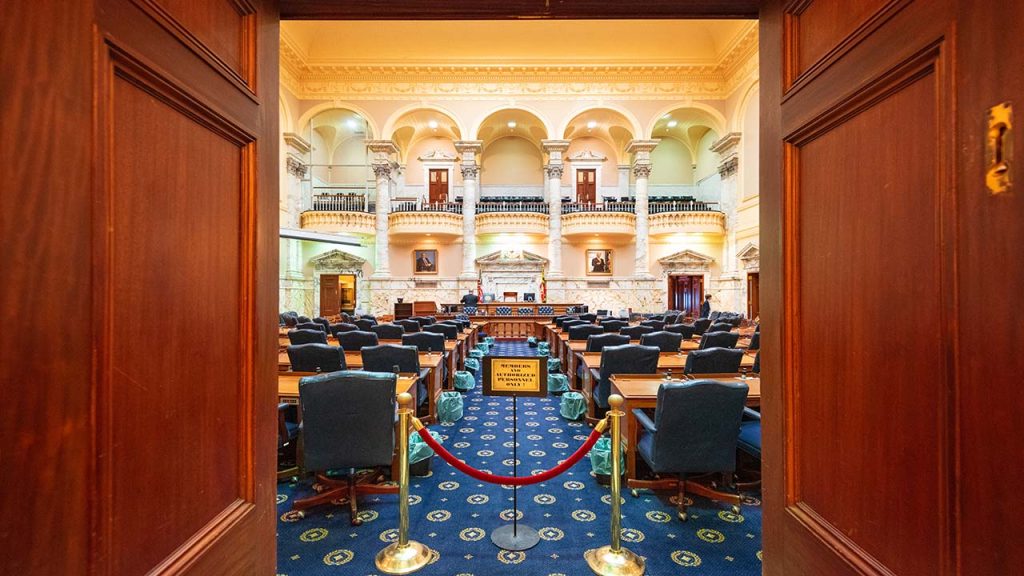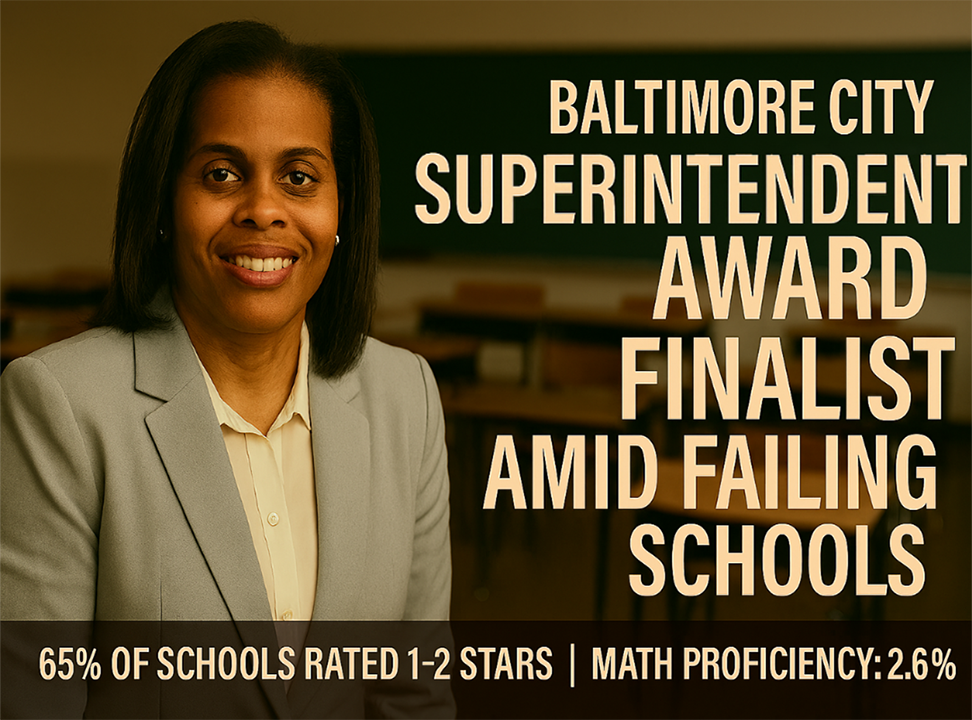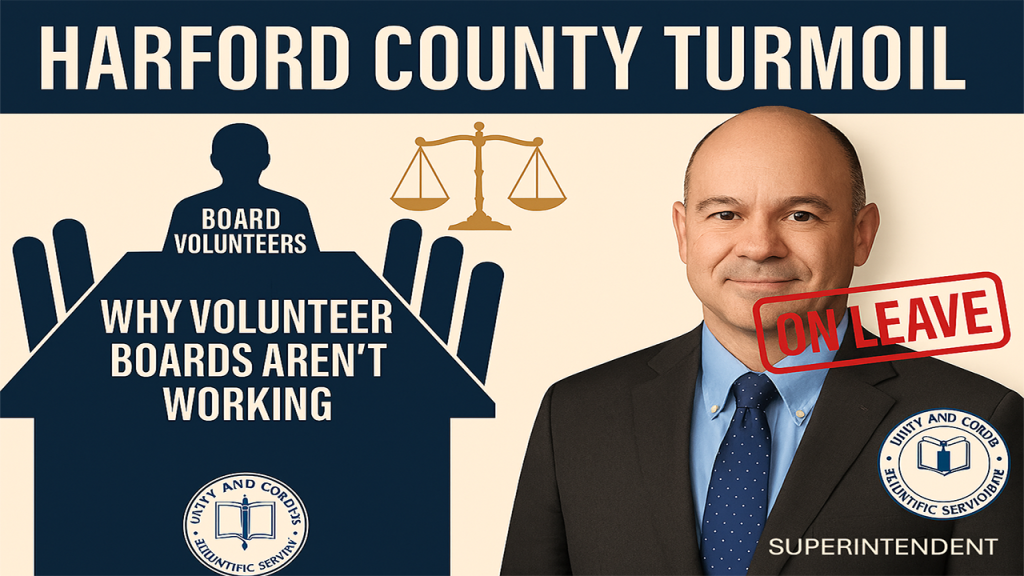
‘Don’t Say Gay’ Law Has Some Florida Parents Considering Moves Out of State
More than forty percent of Florida parents who responded to a survey about the so-called “Don’t Say Gay” law want to move out of the state because of the restrictions it imposes.
That’s according to a report released this week by the Williams Institute at the University of Southern California, and Clark University. The report is based on an online survey conducted between March 22 and March 24, 2023, of more than 100 parents with diverse backgrounds and political affiliations.
(The study is based on a convenience sample, which is where participants are selected because they are easier for the researcher to access than a random sample. The participants were recruited through a platform that verified each participant’s identity to confirm that they were Florida residents.)
In 2022, Florida had about 2.8 million K-12 students in almost 70 districts across the state.
According to Abbie Goldberg, author of the study, a psychology professor at Clark University, and visiting scholar at the Williams Institute, Florida’s Parental Rights in Education law, known by its critics as the “Don’t Say Gay” law, has left some parents feeling like LGBTQ+ identities are being targeted, which either directly impacts them or their children at school, or prevents their children from receiving an education that teaches them to respect different identities.
“It’s the accumulative effect and the overall sociopolitical climate that is creating this urgency to move,” she said.
Florida Gov. Ron DeSantis signed the law in March 2022. The original law banned instruction about gender identity and sexual orientation for K-3 students, and required that instruction on those topics be age appropriate for older students. The state expanded the law to ban sexual and gender identity instruction for all K-12 students in May 2023. The new version, which went into effect in July, also prohibits teachers from using students’ affirming pronouns.
The impact of Florida’s original law was felt nationwide. Several other states followed in Florida’s footsteps to pass laws with similar language. Critics of the law, including White House officials, have said that it is discriminatory and damaging to LGBTQ+ students’ mental health, the report said.
The parents who responded to the Williams Institute survey were split on their opinion of the law itself.
About one third of surveyed parents disagreed with the “Don’t Say Gay” law, and 46 percent disagreed with its expansion. Parents who disagreed with the law “emphasized their belief that children needed to learn about gender and sexuality and all types of people,” according to the report.
About half of Florida parents who responded to the survey agreed with the original law, and 43 percent agreed with the expansion, the report said. Parents who agreed with the law said that children shouldn’t be exposed to information about sexuality or gender, because they were susceptible to being influenced. Some also noted that LGBTQ+ identities were “wrong or immoral,” the report said.
“There are clearly families with very different views with children who are attending school together,” Goldberg said.
“I really would urge all families to have sensitivity towards the fact that there are kids in classrooms who are more vulnerable … who feel like their own identities are implicitly being devalued or rendered invisible,” she said.
The Florida Department of Education did not respond to multiple requests for comment.
Some parents want to move out of Florida because of the law
About 40 percent of parents surveyed by the Williams Institute want to move out of Florida due to the “Don’t Say Gay” law, according to the report. Overwhelmingly, these were parents who disagreed with the law.
A few years ago, these families were not considering moving, Goldberg said. Several of them still have family ties, jobs, homes, or connections to the state itself, such as its weather and beaches, that they would have to leave behind, complicating their decision to move. Others can’t afford to move at all, she said.
Almost 11 percent of parents said they were very likely to move out of Florida in the next two years, and nine percent said they had actively taken steps to move, such as looking for jobs or homes in other states.
“Many of them really don’t want to have to move,” Goldberg said. “They are devastated that they might have to sell their homes and find new jobs.”
Forty five percent of surveyed parents said they had no plans to move out of the state, and 15 percent said they had mixed feelings about moving.
How parents say the law has impacted school climate
Of the parents that disagreed with the law, 90 percent said it provokes hostility against the LGBTQ+ community. Seventeen percent of those who supported the law also agreed.
The law has resulted in books being removed from schools, as well as the removal of LGBTQ+ inclusion symbols, such as pride flags and safe space stickers, according to some parents. Nineteen percent of parents said they had observed book restrictions or removals from school libraries, and 13 percent said they had seen pride flags and safe space stickers being taken down in their child’s school.
But a large share of parents—44 percent—also said they believed the law “empowers parents regarding their role in their children’s education,” and 38 percent said the law protects children’s rights.
However, Goldberg said a lot of parents that supported the law did not have a clear understanding of what it banned and didn’t.
Twelve percent of parents who responded also said the law had impacted their children’s well-being negatively. Those children had expressed fear, anxiety, or avoidance of school because of the law.
School districts are in a tough position, Goldberg said, because of their responsibility to abide by the law but also make sure all students feel welcome and supported. Doubling down on school values such as respect for all kinds of families, embracing different viewpoints, and anti-bullying policies, could help school districts comply with the law while supporting students who may feel targeted by it, she said.
Dig Deeper With Our Longreads
Newsletter Sign up to get our best longform features, investigations, and thought-provoking essays, in your inbox every Sunday.
The MEN was founded by John Huber in the fall of 2020. It was founded to provide a platform for expert opinion and commentary on current issues that directly or indirectly affect education. All opinions are valued and accepted providing they are expressed in a professional manner. The Maryland Education Network consists of Blogs, Videos, and other interaction among the K-12 community.








